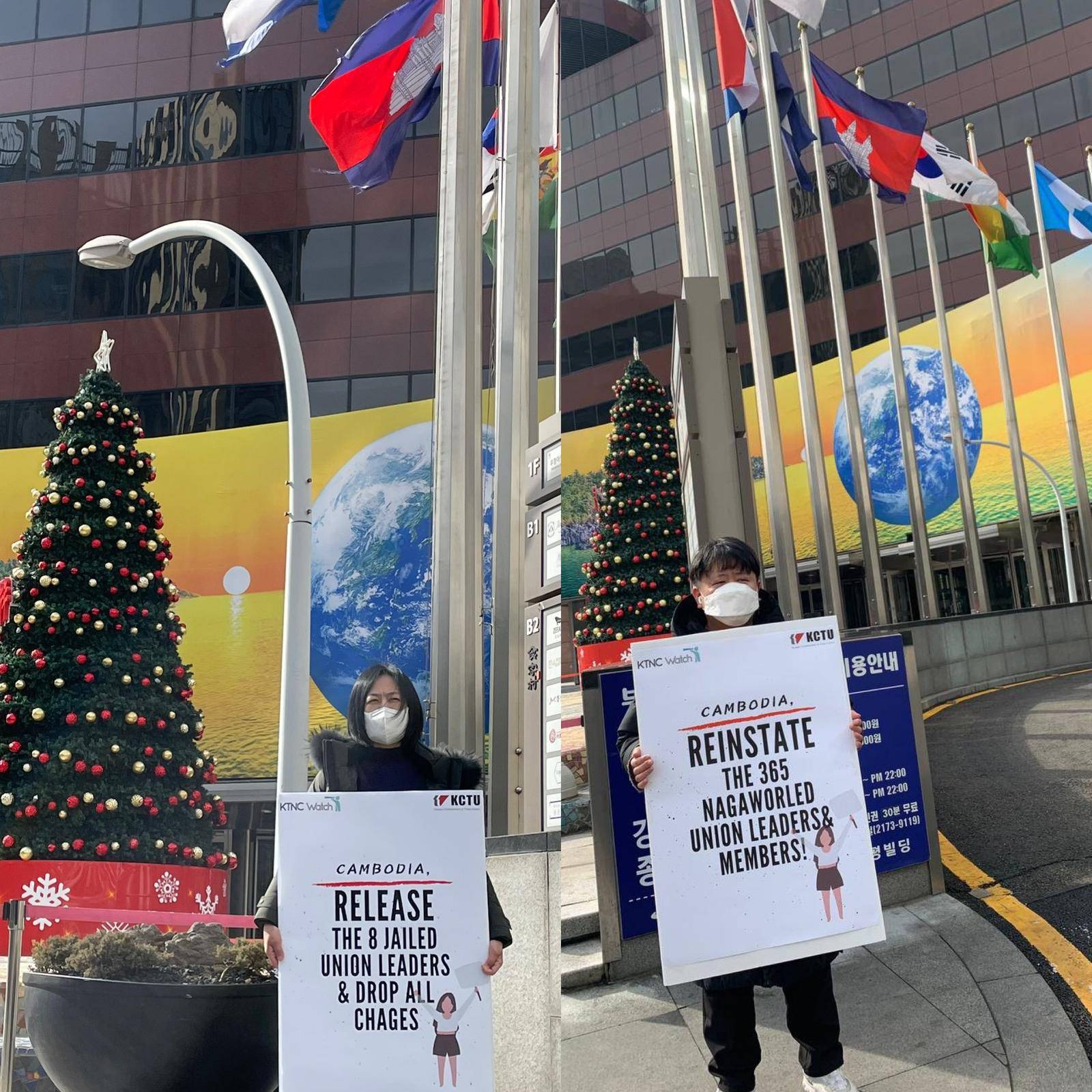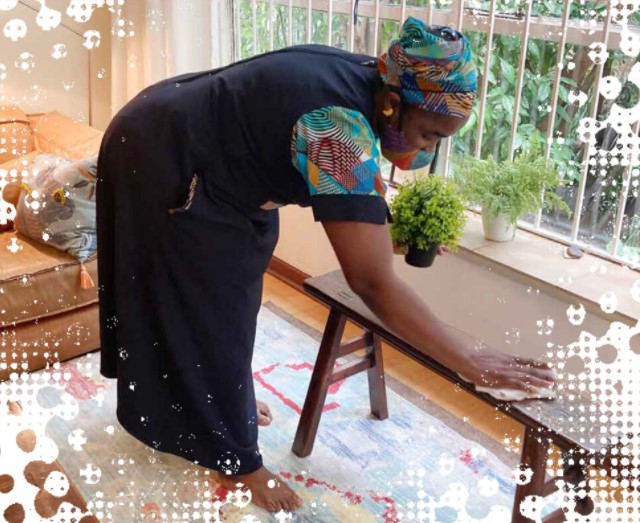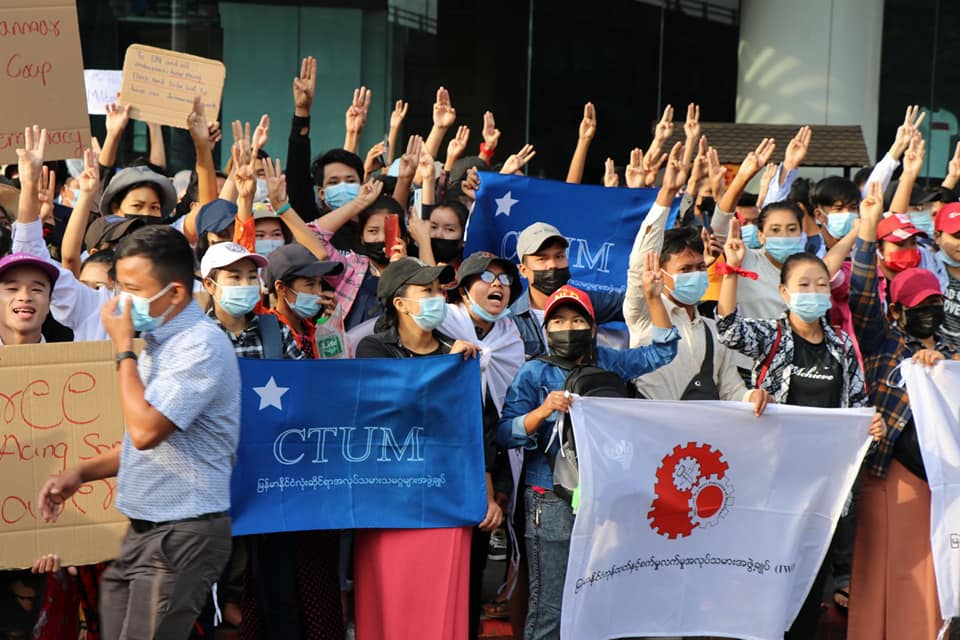Eight union leaders jailed for peacefully walking a picket line at NagaWorld Hotel and Casino in Cambodia have been denied pre-trial release, and government officials are now using the COVID-19 pandemic to further interfere with workers’ right to assemble, according...
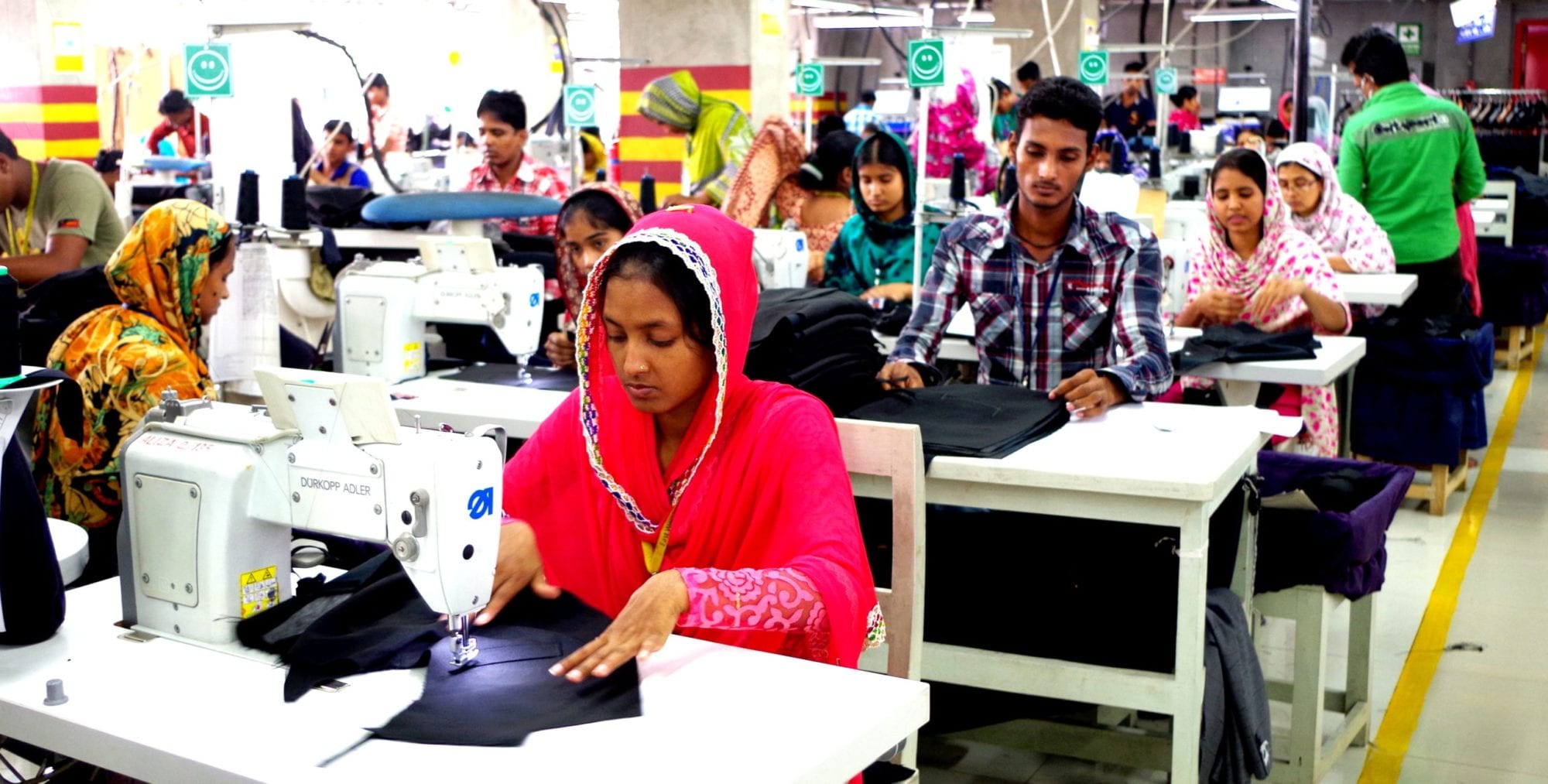
The Solidarity Center works to ensure all workers, such as Bangladesh garment workers, have access to their legal workplace rights. Credit: Solidarity Center/Balmi Chisim
South Africa: Survey Flags Domestic Worker Human Rights Violations, Solutions
“The dignity of people’s very being is at stake,” said IZWI Domestic Worker Alliance’s founder and lead researcher Amy Tekie in opening remarks at a recent webinar focused on a new qualitative survey of human rights violations against live-in domestic workers in South...
Union Leader Elected to Myanmar People’s Council on Eve of Coup Anniversary
As Myanmar’s military junta marks the first year of its overthrow of the country’s democratically elected government February 1, delegates to a national unity assembly seeking to establish civilian control and return the country to democracy elected a five-member...
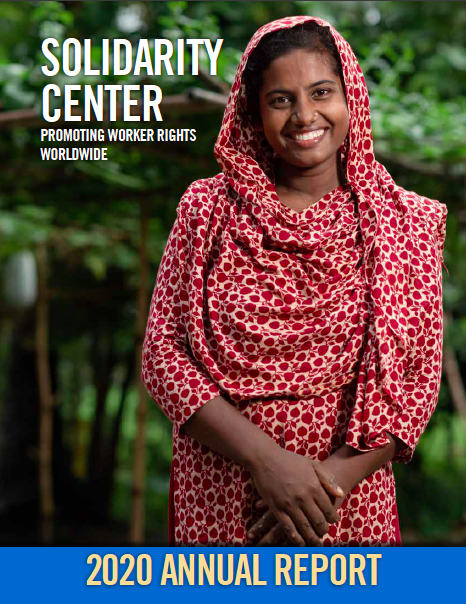
2020 Annual Report
Download here.
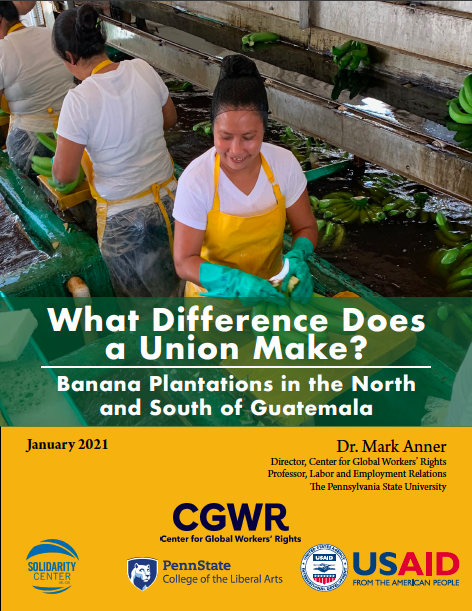
What Difference Does a Union Make? Banana Plantations in the North and South of Guatemala
Guatemalan banana workers without a union work longer hours and earn less than half than of those who are unionized, and report more cases of verbal and physical abuse. Download in English. Download in Spanish.
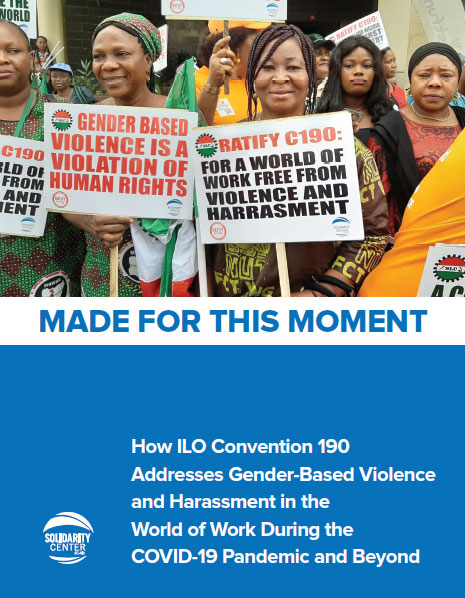
Made for this Moment: How ILO Convention 190 Addresses Gender-Based Violence and Harassment in the World of Work During the COVID-19 Pandemic and Beyond
This report highlights how C190, the first global treaty that recognizes the fundamental right to work free from gender-based violence and harassment (GBVH), addresses GBVH in the world of work and identifies concrete steps to address it. Read the full report here in...
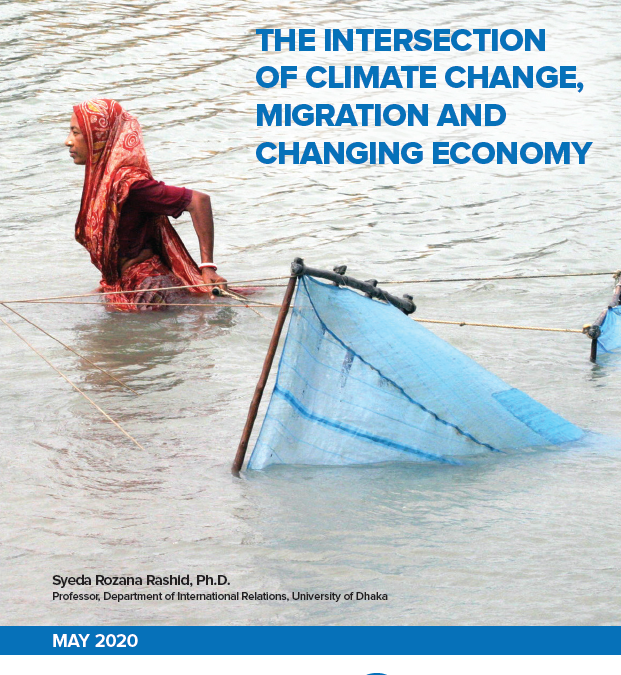
REPORT: CLIMATE CHANGE IN BANGLADESH DRIVES WORKER VULNERABILITY, POVERTY
This report, The Intersection of Climate Change, Migration and Changing Economy, explores the links among climate change, economic activities and migration in the coastal areas of Khulna and Jashore, Bangladesh, demonstrating its impact on the availability of decent...
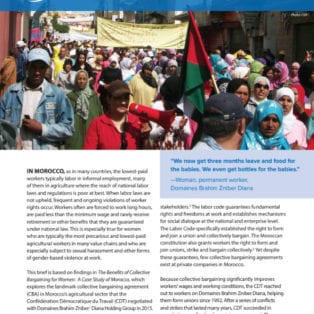
The Benefits of Collective Bargaining for Women Workers in Morocco
Download in English. Download in Arabic. This report was made possible through the generous support of the Ford Foundation.
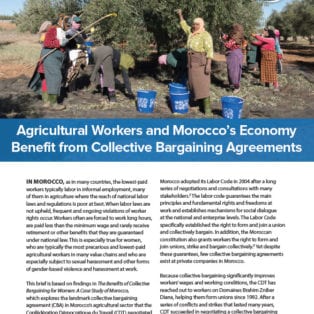
Agricultural Workers and Morocco’s Economy Benefit from Collective Bargaining Agreements
. Download in English Download in Arabic. This report was made possible through the generous support of the Ford Foundation.

